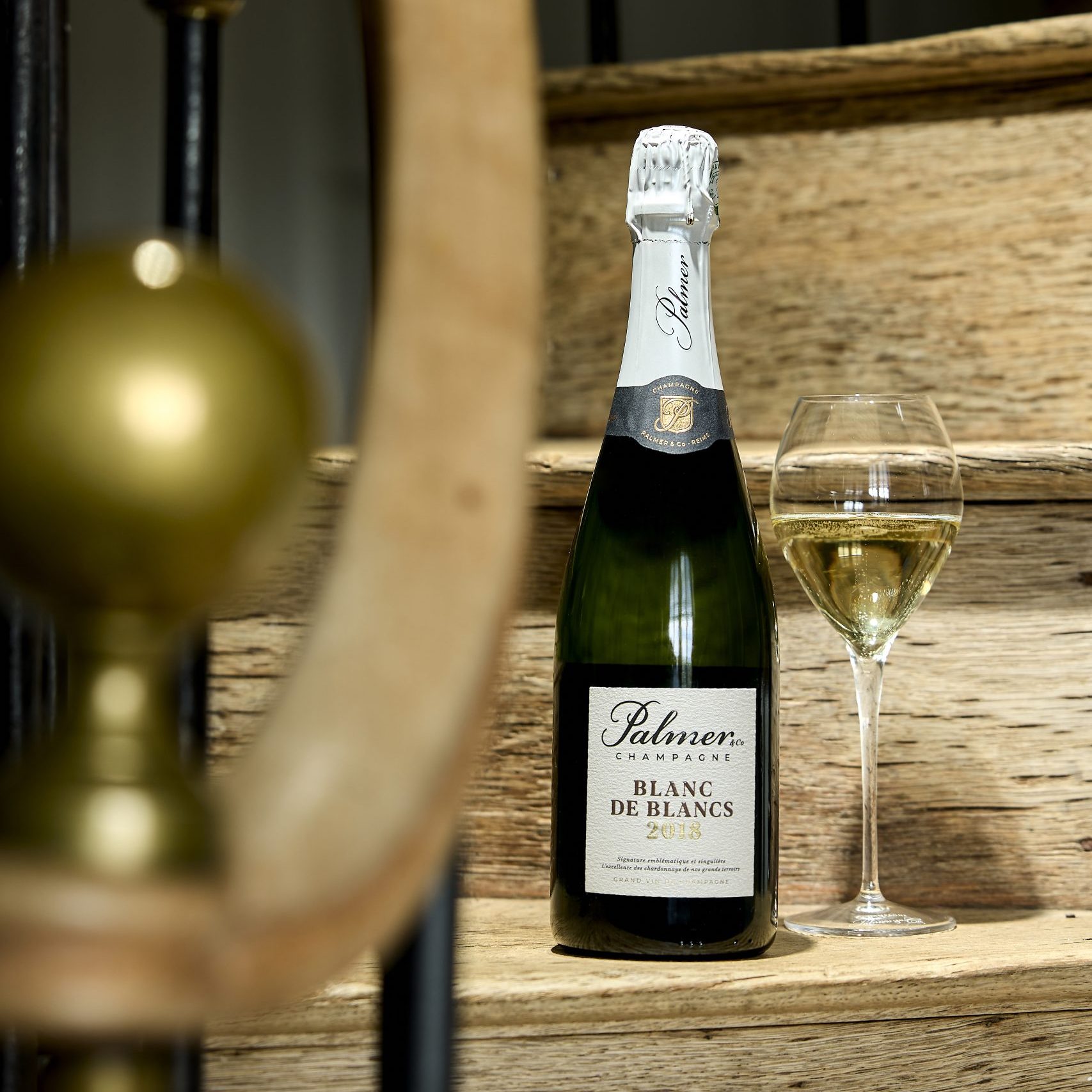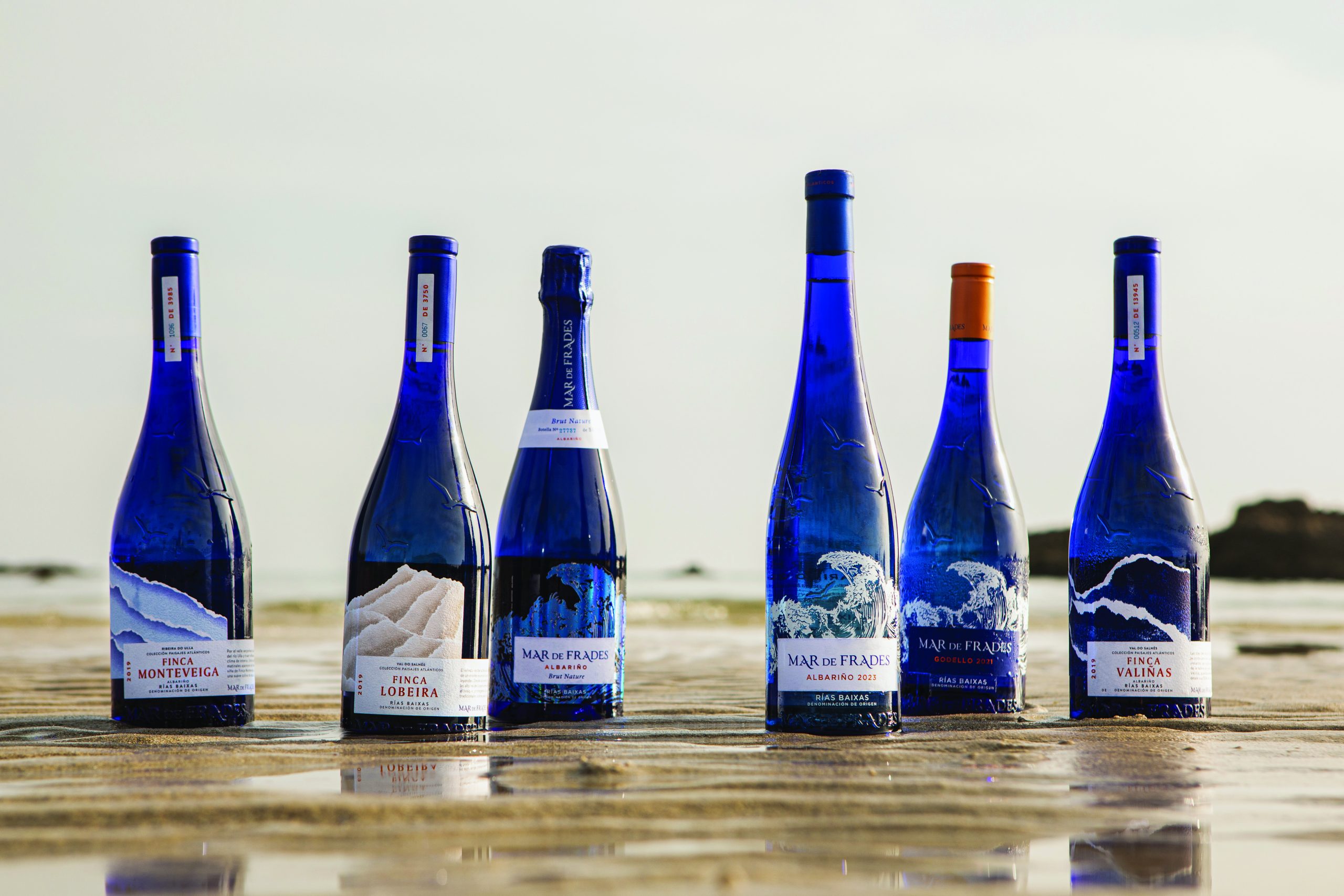Let industry lead on Brexit trade deals, WSTA tells Defra
The government should let the industry lead free trade negotiations to secure the best deals, the WSTA has told Defra, as the organisation publishes its Brexit policy paper.
The Wine and Spirit Trade Association (WSTA) chief executive Miles Beale met the Defra Secretary for State Andrea Leadsom on Wednesday (30 Nov) and presented her with the WSTA’s Brexit Policy Paper – The road ahead for the wine and spirit industry – which lays out the clear objective for the wine and spirit industry, highlighting both its united front and arguing that it is uniquely well-placed to advise government.
Beale said he understood why the government wanted to keep its “Brexit cards” close to its chest, but argued that the industry itself held some very valuable cards and could help Ministers “come up trumps on trade”.
“So we are asking government to let industry lead,” he said. “A lot of work is going on behind the scenes to ensure that industry is on the front foot to help government to prepare the best possible case for uninterrupted trade with the EU, and the best possible platform for bilateral trade deals with priority countries.
“We have the expertise within the WSTA and our membership to pave the way for a smooth Brexit for our world-leading industry. The size and the contribution made by the wine and spirit industry to the UK economy should not be ignored; and its influence with key trading partners should not be underestimated.”
The new paper identified the WSTA’s top ten list of ‘priority’ counties for trade deals which includes Australia, Canada, the EU, South Africa and US along with Argentina, Chile, New Zealand for imports, and China, Japan and Singapore for exports.
One of the fundamental objectives underpinning the WSTA Brexit-activity was to support an exit from the EU that minimised disruption to historic trade flows into and out of the EU, the policy stated.
It pointed out that the UK wine industry is the largest per capita importer of wine in the world, worth £2.8bn in imported goods to the economy, with a further £440m coming from exports. Around £17.3bn per annum was generated through its position as the world’s biggest wine trading nation, it added. Meanwhile the UK spirit trade generates around £28.2bn in economic activity and more jobs than any other EU county, meaning that the combined wine and spirit sectors are worth over £45bn.
Partner Content
In order to maintain the UK’s position as a hub of the international wine trade, it called on the government to ensure tariff and quota free access to the EU market, enabling work with trading partners to develop model agreements with EU and third countries ahead of Article 50 and for any future controls on the movement of people to ensure continued access to a skilled workforce (including winemakers, pickers and the hospitality sector). It also called on the government to ensure that the UK immediately join the World Wine Trade Group, which it said had proved itself to be a successful trade facilitation group.
Challenges and opportunities
Beale argued that for a genuinely global industry like wine and spirits, Brexit would bring both challenges and opportunities, and the WSTA’s second fundamental priority would be to exploit these new opportunities.
As a result, the report called on the government to give protected status for British gin, which is the UK’s second largest traded spirit after Scotch (75% of gin exports originating in the UK and value sales have risen 166% since 2000, it said), in order to protect its global appeal. It also called on the establishment of a UK system for protected designation of origin (PDO) for wines and spirits, and to use Brexit as a chance to beef up existing protect for English wine, both sparkling and still.
“It is not hyperbole to describe the UK’s decision to leave the European Union as probably the most significant geo-political event in Europe since the break-up of the former Soviet Union,” Beale wrote in the report “…the challenge posed by Brexit will be to ensure the UK maintains its ability to compete on the world stage and exploit the opportunities Brexit provides.”
“I am clear that the only way to maximise fully the opportunities is of the government and the wine and spirit trade to work together.”





It will be interesting to see how this shakes up, as the UK pays a large burden of alcohol tax and duty in the EU.